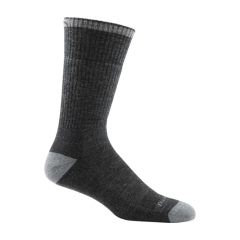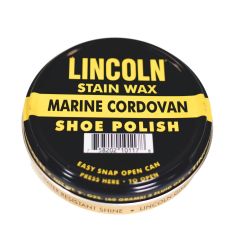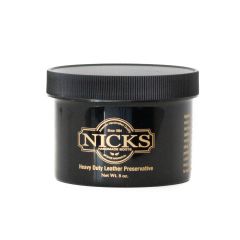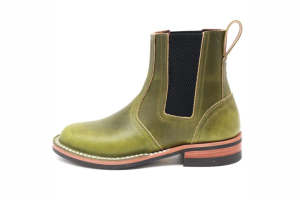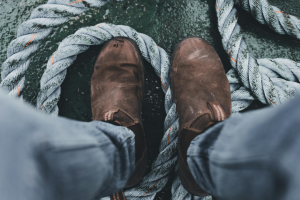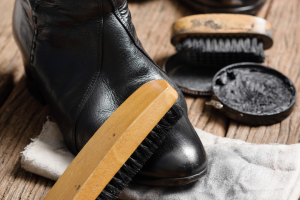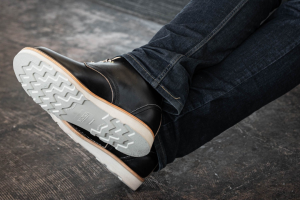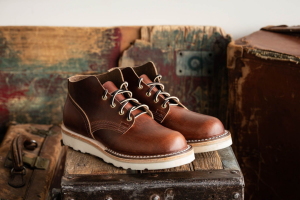Are Waterproof Boots Hotter?
Are Waterproof Boots Hotter? That Really Depends…
Something that's good for you to worry about is whether or not your feet are going to roast when you wear a pair of waterproof boots or indeed any.
The answer is that it depends on what boots you're wearing, and what you mean by "waterproof."
Some boots can be waterproofed, meaning that you can treat them with a compound of some sort that makes them resistant to water. Others actually are waterproof because of what they're made of.
So...let's talk about what that means.
You Can Waterproof Boots Or Get Waterproof Boots
So...let's talk about what you mean by "waterproof boots."
You can waterproof them - using "waterproof" as a verb - or you can buy a pair of boots that are impervious or mostly impervious to water, meaning "waterproof" is an adjective.
To waterproof boots, you apply a compound that creates a seal of sorts around the material of the boot. This keeps water from getting in - to a point - and keeps your feet dry.
And yes, you can absolutely waterproof leather work boots.
Then you have "waterproof boots," which are usually made with a synthetic material like rubber or something like it that doesn't let water in.
There's the old classic black rubber boots with the red soles or the modern ones with a neoprene upper. We won't mention the brand, but it rhymes with "Bucks." Or "Coggs."
Okay, great, but are either one going to roast my feet in hot weather?
Great question! Here's the answer:
Material That Isn't Porous Don't Breathe
When someone asks "will my feet get hot" in a pair of work boots, they want to know if their feet get hot. Obviously. Here's what they don't know about the answer.
If your feet get hot or cold is a question of whether their socks AND their boots allow for thermal regulation to occur.
In other words, can the heat inside the boot escape or can the cold air outside get in?
If you were barefoot outside, your feet will only get as hot or as cold as the ambient temperature. If you're wearing socks and shoes, they will either let excess heat escape (if your feet heat up) or they'll let cold air in due to the materials of your socks and your shoes.
What the heck does this have to do with waterproof boots?
Solid synthetic uppers (like rubber boots) are waterproof, but there aren't any pores in the material. They don't let air in or out. If your feet heat up, there's nowhere for that heat to go.
In other words, if you wear rubber boots, your feet are going to stay hot if they get hot. If the boots get cold, your feet will get cold.
You can mitigate cold with insulation. Insulated rubber boots keep heat inside the boot, which is why bunny boots (arctic rubber boots with heavy insulation) are a thing.
It's also a good idea to wear <a href="https://nicksboots.com/shop/accessories/socks/">wool socks</a> in cold AND warm weather. Wool helps regulate temperature, in both warm and hot weather, keeping your feet cooler in summer and warmer in winter, but it only goes so far if heat can't escape.
But what about leather boots?
Leather is skin, and skin has pores. What waterproofing does is apply a layer of fats (synthetic or not) to the skin, coating it and keeping water from getting in...but it still allows the material to breathe.
Your feet won't get as hot in summer, because a certain amount of air is going in and out of the boot. If you're wearing wool socks, the same effect occurs and you'll have more comfortable feet in both hot and cold climate. Thicker socks, though, are definitely needed in winter!
There are limits to how waterproof anyone can make a piece of leather. Material with pores has pores. However, diligent waterproofing with boot grease or wax can go a very long way.
So will waterproof boots make your feet hot?
Depends on what waterproof boots you're using, and what socks you're wearing. Some will, and some won't.
